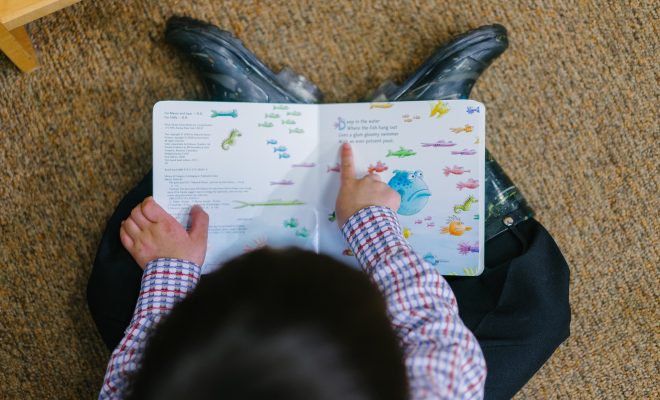Using Pre-Reading Stage to Develop Great Readers

Pre-reading is a stage typically included in lessons that aim at helping learners develop receptive skills. It is the pre, while and post sequence of activities to help learners become better readers and listeners.
The objective of this stage is to help learners prepare for reading or listening to a text by dealing with the topic, its genre or language.
There are several ways in which this can be done, some of the many common being:
- Stimulating learners’ schemata or prior knowledge of the topic through image exploitation, elicitation, etc.
- Pre-teaching vocabulary is essential for the comprehension of the content.
- Having learners engage in the subject through focused interaction (discussions, info-gap etc.).
- Encouraging predictions related to the context and material of the content.
Pre-listening or pre-reading activities mirror real-life situations to some extent. For example, the brain of a fluent reader knows what to expect when we read a magazine the same way that our brain prepares itself and evokes prior knowledge when the newscaster says, “Now let’s hear about the weather!”
Some teachers think pre-teaching vocabulary may be a way of ‘cheating’ because learners are unlikely to obtain a list of keywords before reading the content or listening to something in real life. Others believe that pre-teaching can be helpful if the words being taught are essential to comprehending the fundamental meaning of the message and can lessen learner anxiety.
An effective pre-listening or pre-reading stage has one or more of the characteristics below:
- It infuses learners with the topic and generates interest in the content.
- It focuses learners’ attention on characteristics of the specific text rather than the broad topic.
- It gives opportunities for learner-learner interaction instead of relying solely on teacher-whole group patterns.
- It allows learners to recall (or learn) vocabulary that is in the documented or written text.
- It provides awareness of the characteristics of the genre.
Example of a pre-reading learning experience:
Learners from an elementary group are going to read a listing on Craigslist. Some possible pre-reading activities are:
- Displaying the Craigslist logo and asking learners what they know about it.
- Asking learners what they expect to see in a Craigslist listing.
- Displaying an image of a list and asking small groups to brainstorm characteristics they expect it to have.
- Asking learners to match images of different ads to noun phrases.
How can I use it in a lesson?
Many modern textbooks already involve pre-reading or pre-listening activities, typically in the form of a question for group discussion or an activity that teaches new words. Teacher’s books also involve procedures that can be used before listening or reading.
If you want to use authentic content or design your own pre-listening activities for content in the coursebook, here is some advice:
- Listen to or read the content yourself and think about its characteristics (genre, purpose, intended audience, level of formality, etc.).
- Think about the prior knowledge that your learners have on the topic or genre.
- Try to predict challenges learners might have when reading the content.
- Create questions or learning experiences that will help learners discuss what they know about the topic, predict possible contents of the text, or minimize the issues you’ve predicted






